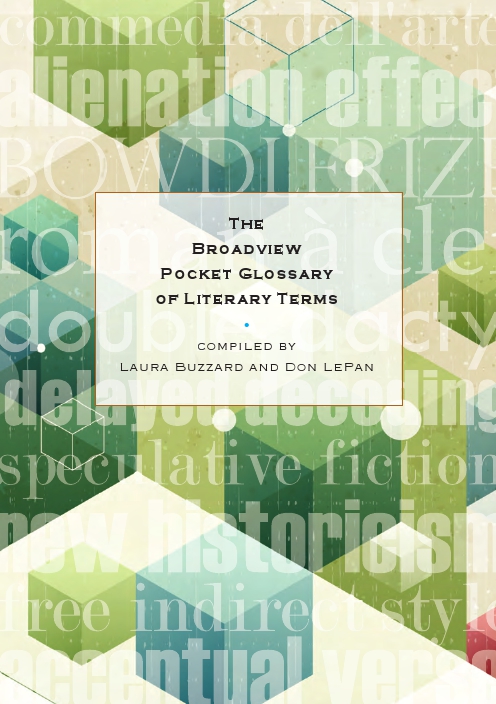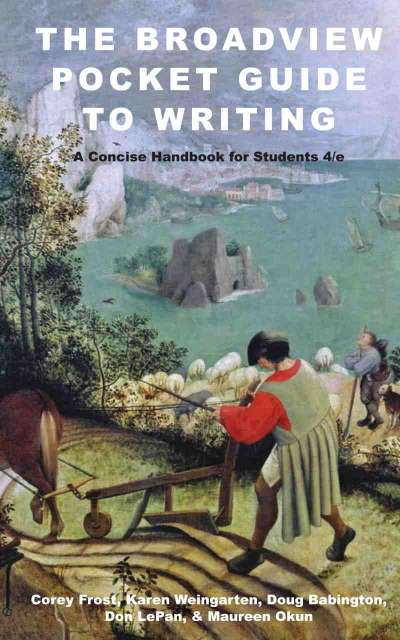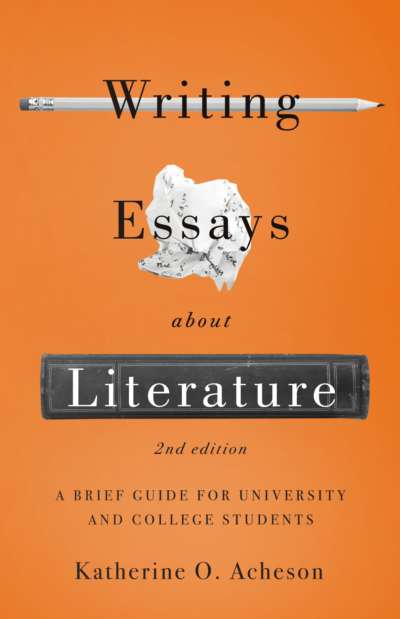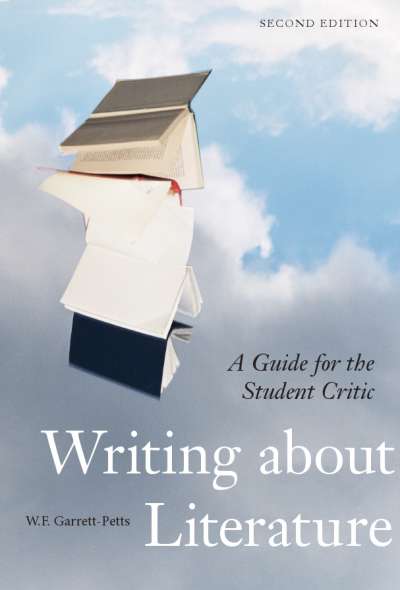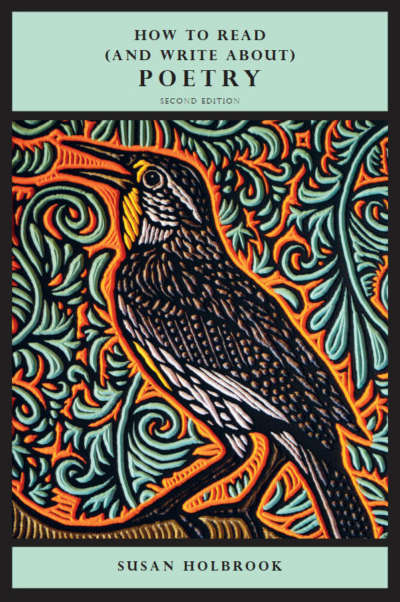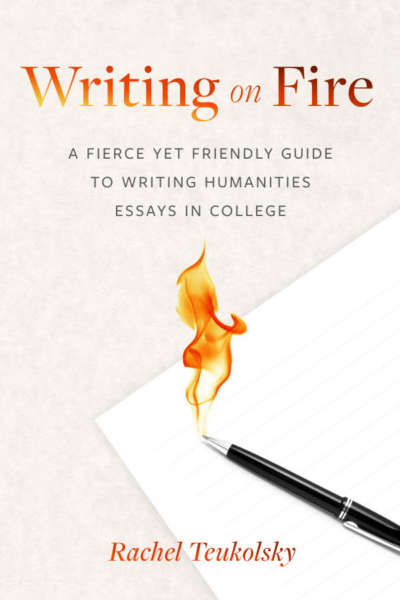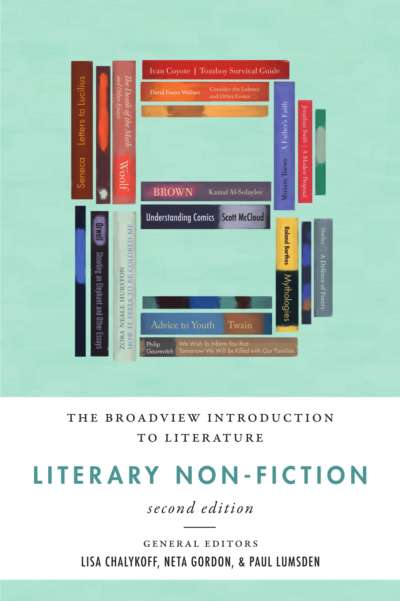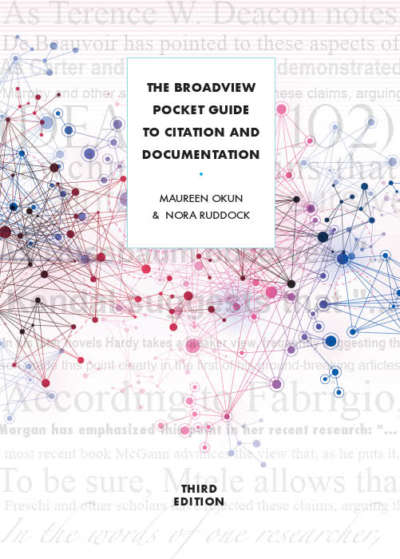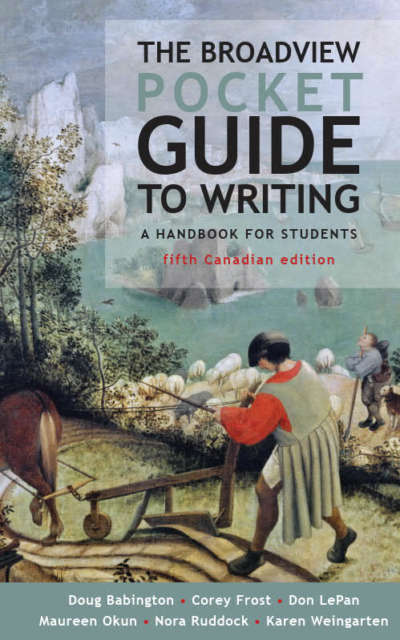This compact guide covers a wide variety of terms commonly used in academic discussions of poetry, fiction, drama, rhetoric, and literary theory. Definitions are kept concise; examples are abundant. The coverage ranges from traditional topics through to recent scholarship, and the straightforward entries aim to enable students to learn new terms with confidence. The pocket glossary brings together entries from a variety of Broadview publications—including The Broadview Anthology of British Literature and The Broadview Anthology of Short Fiction—and adds a number of new entries.
Comments
“ … [T]his pocket dictionary gives students access to almost any term they will encounter, or need to use, in their literary studies. Longer entries on topics ranging from animal studies to Theory … will give their instructors a wide choice of readings to assign for discussion or research. The single alphabetic listing includes cross references to the main entries as well as to the authors and critics cited in various entries.” — Thomas Willard, University of Arizona
“This Pocket Glossary offers a deftly miniaturized panorama of literary terms, a terrarium of literary phenomena neatly tagged and mapped. Especially in the entries about literary movements, aesthetic styles, and critical theory, readers will be able to perceive at a glance the continuities linking literary forms to philosophy and the other arts, both within and across historical eras. For its size, the volume is admirably comprehensive in the number and quality of its definitions. [Alongside definitions] concerning, for example, ancient Greek and Roman poetics, … we are offered a lively awareness of recent literary forms, from life writing and graphic literature to slam poetry and steampunk. Notably strong are the glossary’s entries on contemporary literary and cultural theory: from affect theory to History of the Book, from New Historicism to critical animal studies. But there is no parochialism of the present here when it comes to explication of earlier literary theory; the ideas of figures from Aristotle to I.A. Richards are also included with due attention.” — Martin Hipsky, Ohio Wesleyan University

